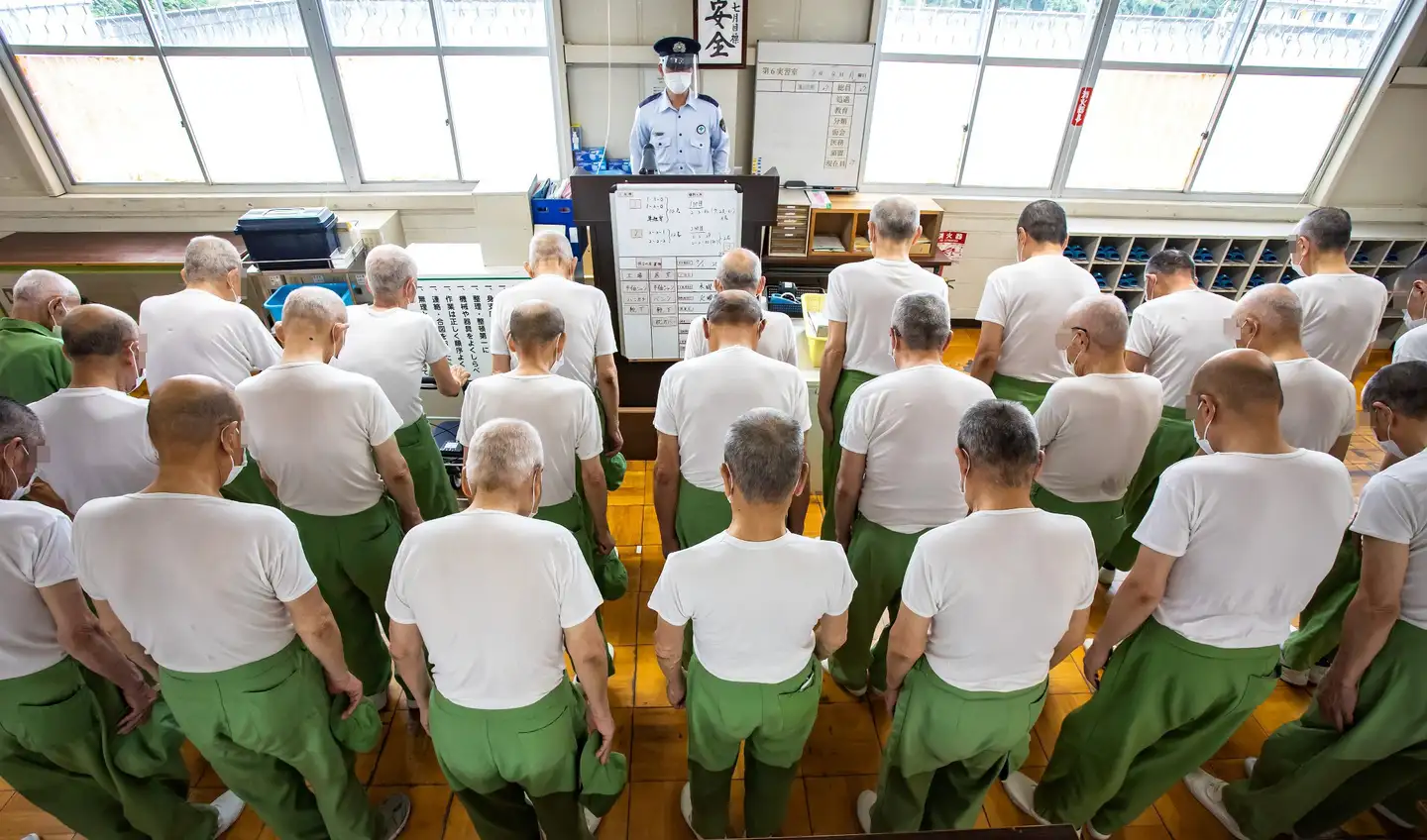For anyone considering working in or visiting a hostess bar in Japan, understanding the Adult Entertainment Business Law (Fueiho) is essential. This law plays a significant role in regulating businesses within Japan's nightlife sector. Contrary to common misconceptions, Fueiho does not only apply to the sex industry but also extends to establishments like hostess bars, girl's bars, host clubs, and even entertainment venues such as game centers. With its broad scope, Fueiho ensures that these businesses operate ethically, safely, and under Japanese regulations.
This article explores the key aspects of Fueiho, what it means for hostess bars, how to identify compliant establishments, and the rules concerning age requirements. Let’s dive into the details to ensure you have a safe and enjoyable experience.
What is Fueiho?

"Fueiho" (風営法), officially known as the Adult Entertainment Business Law, is a Japanese regulation designed to oversee adult entertainment businesses. The primary objective of Fueiho is to ensure that these establishments operate ethically, protect customers and employees, and maintain public order.
While the term "風俗" (fuzoku) is often associated with the sex industry, Fueiho’s scope is much broader. It covers:
- Hostess bars
- Nightclubs
- Girl's bars
- Host clubs
- Restaurants with specific types of entertainment
- Game centers operating late at night
Understanding Fueiho is crucial, as it outlines clear boundaries for what is permissible in these establishments, helping to prevent illegal or unethical practices.
Key Regulations Under Fueiho

1. Service and Entertainment Limitations
Fueiho specifies what kinds of interactions and entertainment are allowed within venues like hostess bars. Permissible activities include:
- Engaging in conversation with customers
- Serving drinks and food
- Performing entertainment acts such as singing or dancing
However, overly intimate or sexualized interactions are strictly restricted. These limitations aim to distinguish legitimate entertainment from activities associated with illegal practices, ensuring the safety and comfort of all patrons.
2. Operating Hours
Hostess bars must comply with strict operating hours. Generally, these establishments are required to close by midnight, although the exact closing times may vary depending on the region.
Adhering to these hours serves several purposes:
- It helps prevent issues related to late-night drinking and disorderly conduct.
- It ensures a safer environment for customers returning home at reasonable hours.
- It protects employees from working late into the night, which can pose security risks.
3. Licensing Requirements
A critical component of Fueiho is the requirement for proper licensing. Every hostess bar must obtain the appropriate licenses, which demonstrate compliance with safety standards and operational regulations.
Why Licensing Matters:
- Licensed establishments are regularly inspected for compliance.
- Unlicensed venues pose significant risks, including unsafe working conditions and potential legal issues.
- Operating without a license can lead to severe penalties for the establishment and may endanger customers.
Always confirm that a hostess bar prominently displays its license. This is a key indicator that the venue is operating legally and ethically.
How to Identify a Compliant Hostess Bar

Choosing the right hostess bar ensures a safe and enjoyable experience. Here’s how to spot a compliant and reputable venue.
Look for Licensing
A compliant hostess bar will proudly display its operating license, either within the venue or on its official website. This transparency shows adherence to legal standards and gives patrons peace of mind.
Check Reputation
Long-standing establishments or those belonging to reputable chains are generally more reliable. These venues have built their reputation over time by adhering to the law and offering quality services. In contrast, newer or transient venues may warrant more caution.
Review Online Presence and Feedback
A legitimate hostess bar typically maintains a well-designed official website, providing detailed information about:
- Services offered
- Pricing structures
- Profiles of hostesses
Additionally, online reviews, especially on platforms like Google Maps, offer invaluable insights. While some Japanese review portals might be available only in Japanese, Google Maps reviews can provide a broader, more accessible perspective. Look for patterns in reviews—consistent positive feedback is a good sign, while repeated complaints should raise concerns.
No Touting or Street Solicitation
Reputable hostess bars do not use touts or street solicitors. In many Japanese cities, touting is illegal due to its association with shady practices. Venues engaging in such tactics may be skirting legal regulations or using misleading promotions. Always opt for bars that rely on their reputation rather than aggressive street marketing.
Is It Legal for 18-Year-Olds to Enter Hostess Bars?
.png)
One of the most frequently asked questions about hostess bars in Japan concerns age requirements. Here’s what you need to know.
Age Requirement
- The legal age to enter a hostess bar in Japan is 18, in line with the Adult Entertainment Business Law.
- This rule ensures that minors are protected from adult environments deemed inappropriate for younger individuals.
Restrictions for Individuals Under 20
- While 18- and 19-year-olds can legally enter hostess bars, they cannot consume alcohol, as the legal drinking age in Japan is 20.
- Younger patrons can still enjoy non-alcoholic beverages, engage in conversation, or participate in entertainment activities like karaoke.
High School Students
- Even if a high school student is 18, many hostess bars will deny them entry due to additional internal policies.
- These policies exist to maintain a certain atmosphere and adhere to societal expectations about age-appropriate environments.
Age Verification
- Some hostess bars may ask for identification to verify a guest's age.
- It is critical to provide honest information—presenting false identification can result in severe legal consequences for both the individual and the establishment.
For young adults eager to experience a hostess bar, understanding these regulations ensures a respectful and lawful visit. Even without alcohol, the ambiance and unique atmosphere of a hostess bar can provide a memorable night out.
Final Thoughts: Navigating the Hostess Bar Experience Safely

Hostess bars are a fascinating part of Japan's nightlife, offering unique opportunities for engaging conversation, entertainment, and relaxation. However, navigating this world requires understanding the Adult Entertainment Business Law (Fueiho) and its regulations.
Related Articles
You may also like...
International Hostess Bar Since 1993
夢
ORIGIN
・ International Hostess Bar since 1993
・ Japanese Hospitality with International Service
・ Diverse and Charming Floor Ladies
・Located in Shinjuku, Tokyo
・Transparent Pricing
・Easy Online Reservations





















